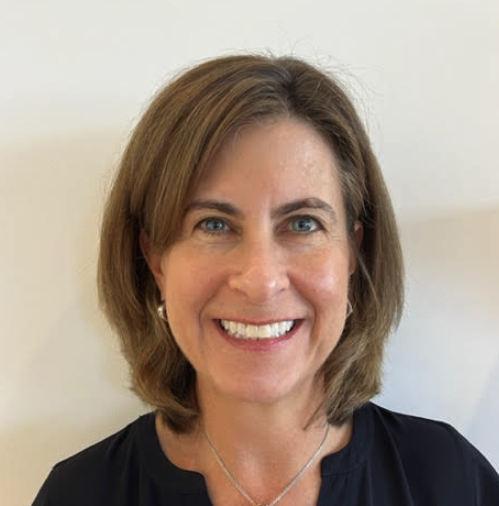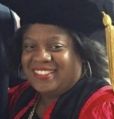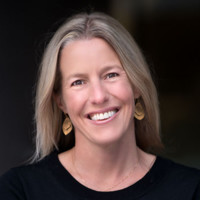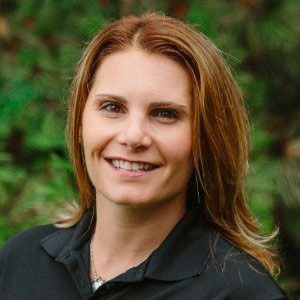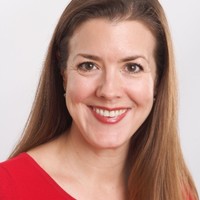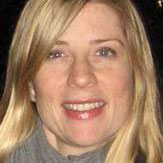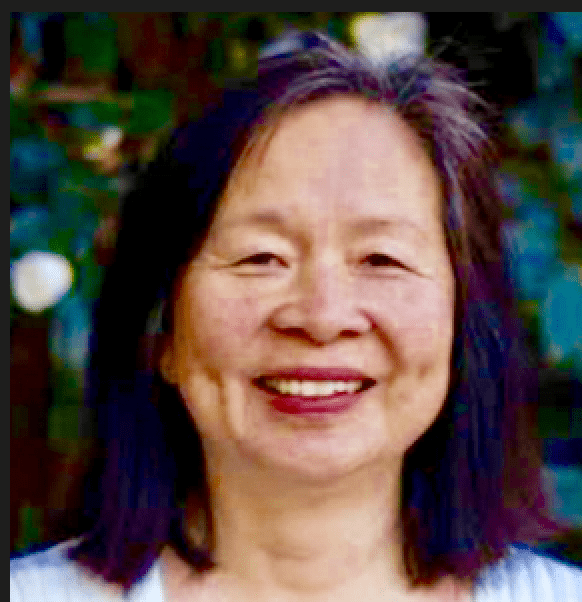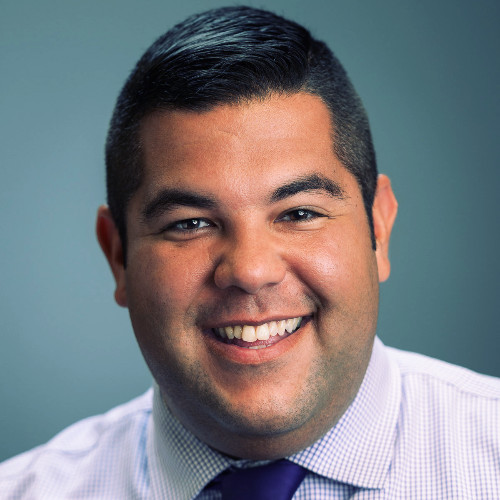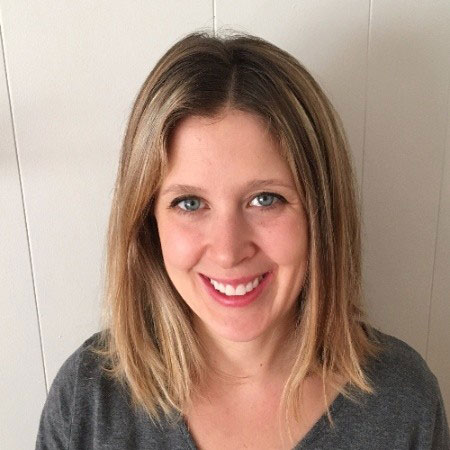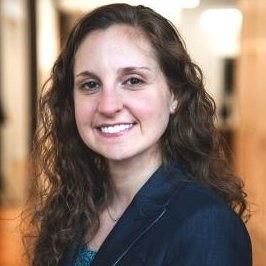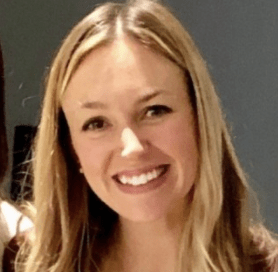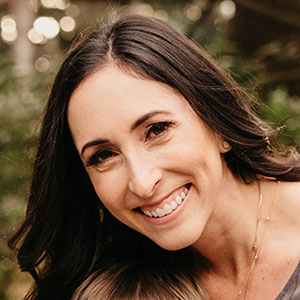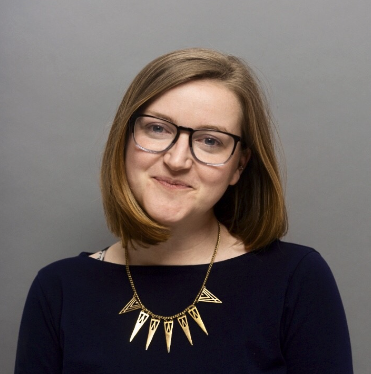
Spring is all about transformation and new beginnings. And in our corner of the universe, that means it’s time for a fresh crop of MBA aspirants to evaluate their B-school options. Deciding which business schools to target is one of the most significant decisions you’ll make during the MBA application process. It’s also a time when would-be applicants often make one of two common mistakes, which we explored in-depth on an episode of the B-Schooled podcast.
The first is taking themselves out of the running for a particular school because they assume they can’t get in. Every year, we see excellent candidates self-select out of applying to some of the top programs. Getting into a highly-ranked business school is indeed challenging. And yes, literally thousands of qualified applicants are turned down each year. But if you don’t even give yourself a chance, you may always wonder, “What if…?”
Curious about your chances of getting into a top B-school? Contact us to talk strategy with a free 15-minute advising session with an SBC Principal Consultant.
Whenever clients waver about whether to apply to a program that is admittedly a stretch for them, we ask them to consider the following scenario: Imagine you get admitted to all the lower-tier schools you apply to. If that happens, will you regret not having swung for the fences? Or will you be happy with your options? The answer may vary from person to person, but we hope applicants think carefully and don’t discount programs from the get-go.
Sure, there are thousands of people vying for those coveted spots. Yet, there isn’t anyone else exactly like you. Why would you want to make it easier for somebody else to get in by taking yourself out of the mix? You deserve a shot, just like everybody else.

The Over-Confident May Face a Cold, Hard Truth
The second common mistake MBA aspirants make when deciding which business schools to target is the opposite situation. These folks only apply to the hardest B-schools in the world. They assume that because they have excellent grades or a stellar GMAT score, they’re a slam dunk for admission. So, they put all their eggs in a risky basket. Naturally, they feel shocked and devastated when they get dinged by all of them and regret that they hadn’t cast a wider net.
When we see applicants heading in this direction, we urge them to ask themselves whether getting the MBA degree itself is most important or if they only want an MBA from a certain school. If they would be at peace if they never earned an MBA because they didn’t get into Wharton, Harvard, or Stanford, then they can move forward and focus all their efforts on their shortlist of dream schools.
Thinking Through Selectivity Rates
If you’ve decided that getting an MBA degree is paramount, consider five or six schools with a range of selectivity rates. Also, consider spreading your efforts across rounds one and two. Selectivity rates mean the percentage of people admitted out of everyone who applies.
Everyone assumes Harvard and Stanford have low selectivity rates, which is correct. However, many people are surprised to learn that Berkeley Haas, Columbia, and MIT Sloan round out the top five most selective business schools in the US.
That’s because selectivity is based on how many people apply to a particular school and how many students make up the average graduating class. Those schools have a smaller class size than others that rank higher overall.

So, keep an open mind when it comes to which business schools to target. Don’t count yourself out of the running for any program, and don’t focus so tightly on just a few programs that you’re blind to schools that might be a great fit both program and culture-wise.
Deciding Which Business Schools to Target
As you create your list of potential schools, first consider what you’re looking for academically from an MBA to achieve your longer-term career aspirations. Ensure your target programs have electives in that functional area or industry-specific electives that serve your future needs. And remember the geographic component, too. Many companies hire from schools in their backyard, and it’s easier to network if you can meet for coffee or lunch on a Tuesday without getting on a plane.
For example, suppose you want to work in the Latin American office of a commercial bank in Miami, and you’re applying to the Foster School at the University of Washington. In that case, the admissions committee might be confused. In this scenario, the AdCom would question your readiness for an MBA since your career goal and school choice don’t match.
Second, the program must have ties to the industry you want to work in after graduation. That might include target companies that hire interns or graduates from their program. Perhaps it also includes alums and faculty research connected to your desired industry.
We’re not saying you can’t secure an opportunity in Northern California if you attend school in New York. However, networking is critical to your career search, and geographic proximity should be a consideration when choosing which business schools to target.

What Type of MBA Experience Do You Seek?
Next, take time to think about what you envision your MBA experience to be like. What activities, extracurriculars, and clubs will you get involved in? Do you want to have global opportunities or a chance to have an external consulting opportunity? Does it matter if you’re in an urban or more of a rural environment?
Then, make a list of your MBA criteria with all these attributes—plus the academic, industry, alumni connections, and geographic considerations. Afterward, you can rank that list based on what’s most important to you. You might be willing to compromise in some aspect to get more of something that might be higher on your priority list.
For the fourth consideration, you must assess your candidacy objectively and realistically. You may have potential issues—or red flags—such as:
- A low GPA
- Low GMAT or GRE score
- Employment gaps
- Little to no extracurricular involvement
- Plans for a significant career pivot
If so, you’ll need a mitigation strategy for any question mark in your profile. For instance, if you want to be a brand manager at P&G, you want to target more than just schools with strong ties to the CPG industry and good marketing programs. You’ll also want to find programs that are more flexible on potential issues or might be open to applicants looking to make significant career changes.
Finally, don’t worry about any website or magazine rankings—instead, think about what you want to get out of your time at B-school. Doing all of this will help you narrow your list of a dozen schools to a more manageable six to eight. Have this research on hand to help later if you’re in the lucky position of choosing among multiple admission offers.

Which Schools Have Strengths in Which Areas?
All top MBA programs teach you how to be an excellent general manager, and you really can’t go wrong, no matter which one you choose. However, certain schools have a reputation for their strength in specific areas. For the sake of argument, here are some general thoughts on which programs excel in certain arenas.
- Investment banking: Wharton, Columbia, NYU Stern, Cornell, Chicago Booth
- CPG brand management: Kellogg, IU Kelley, Duke Fuqua, Dartmouth Tuck, Columbia
- Luxury brand management: NYU Stern, London Business School, Columbia, HEC Paris, INSEAD
- HR management/organizational behavior: Stanford, Wharton, Kellogg, Michigan Ross, Vanderbilt Owen, Cornell
- Energy: Rice, Texas A&M, UT McCombs, UNC Kenan-Flagler, Duke Fuqua, UC Berkeley Haas
- Entrepreneurship: Babson, Stanford, MIT Sloan, HBS, Berkeley Haas, Washington University St. Louis
- Healthcare management: Vanderbilt, Cornell, UNC, UVA Darden, Rice, Michigan Ross, Emory
- Nonprofit: Yale SOM, HBS, Stanford, Georgetown McDonough
- Operations: MIT Sloan, CMU Tepper, Michigan Ross, Texas A&M, Purdue
But please take this list with a hefty grain of salt when deciding which business schools to target. No school likes being pigeonholed in a single field when they shine in many areas. When talking about some of the top programs, you will get an outstanding education and a robust and fantastic network at any of them. So, unless you’re in a niche field, those “softer” issues like location, culture, and overall fit should be what you focus on when deciding.
Ultimately, we can’t overemphasize the importance of being yourself in your application. That’s the best way to find the school that is right for you. Contrary to popular belief, it’s not uncommon to be admitted into a more highly-ranked program and denied by a seemingly less competitive one.
That’s because the MBA admissions process is not only about numbers—it’s about numbers, experiences, personalities, and fit.
***
Stacy Blackman Consulting offers multiple services to meet your MBA application needs, from our All-In Partnership to hourly help reviewing your MBA resume. Contact us today for a free 15-minute advising session to talk strategy with a Principal SBC consultant.
Here’s a snapshot of the caliber of expertise on our SBC team.
Ashley
Ashley is a former MBA Admissions Board Member for Harvard Business School (HBS), where she interviewed and evaluated thousands of business school applicants for over a six year tenure. Ashley holds an MBA from HBS.
During her HBS years, Ashley was the Sports Editor for the Harbus and a member of the B-School Blades Ice Hockey Team. After HBS, she worked in Marketing at the Gillette Company on Male and Female shaving ...
Kerry
Kerry is a former member of the Admissions Board at Harvard Business School (HBS).
During her 5+ year tenure at HBS, she read and evaluated hundreds of applications and interviewed MBA candidates from a wide range of backgrounds across the globe. She also led marketing and outreach efforts focused on increasing diversity and inclusion, ran the Summer Venture in Management Program (SVMP), and launched the 2+2 Program during her time in Admissions.
Kerry holds a B.A. from Bates College and ...
Pauline
A former associate director of admissions at Harvard Business School, Pauline served on the HBS MBA Admissions Board full-time for four years. She evaluated and interviewed HBS applicants, both on-campus and globally.
Pauline's career has included sales and marketing management roles with Coca-Cola, Gillette, Procter & Gamble, and IBM. For over 10 years, Pauline has expertly guided MBA applicants, and her clients h ...
Geri
Geri is a former member of the Admissions Board at Harvard Business School (HBS).
In her 7 year tenure in HBS Admissions, she read and evaluated hundreds of applications and interviewed MBA candidates from a diverse set of academic, geographic, and employment backgrounds. Geri also traveled globally representing the school at outreach events in order to raise awareness for women and international students. In additio ...
Laura
Laura comes from the MBA Admissions Board at Harvard Business School (HBS) and is an HBS MBA alumnus. In her HBS Admissions role, she evaluated and interviewed hundreds of business school candidates, including internationals, women, military and other applicant pools, for five years.
Prior to her time as a student at HBS, Laura began her career in advertising and marketing in Chicago at Leo Burnett where she worked on th ...
Andrea
Andrea served as the Associate Director of MBA Admissions at Harvard Business School (HBS) for over five years. In this role, she provided strategic direction for student yield-management activities and also served as a full member of the admissions committee.
In 2007, Andrea launched the new 2+2 Program at Harvard Business School – a program targeted at college junior applicants to Harvard Business School. Andrea has also served as a Career Coach for Harvard Business School for both cu ...
Jennifer
Jennifer served as Admissions Officer at the Stanford (GSB) for five years. She holds an MBA from Stanford (GSB) and a B.S. in Chemical Engineering from University of Illinois Urbana-Champaign.
Jennifer has over 15 years experience in guiding applicants through the increasingly competitive admissions process into top MBA programs. Having read thousands and thousands of essays and applications while at Stanford (GSB) Admiss ...
Erin K.
Erin served in key roles in MBA Admissions--as Director at Haas School of Business at UC Berkeley and Assistant Director at Stanford's Graduate School of Business (GSB).
Erin served on the admissions committee at each school and has read thousands of applications in her career. At Haas, she served for seven years in roles that encompassed evaluation, outreach, and diversity and inclusion. During her tenure in Admissions at GSB, she was responsible for candidate evaluation, applicant outreach, ...
Susie
Susie comes from the Admissions Office of the Stanford Graduate School of Business where she reviewed and evaluated hundreds of prospective students’ applications. She holds an MBA from Stanford’s GSB and a BA from Stanford in Economics.
Prior to advising MBA applicants, Susie held a variety of roles over a 15-year period in capital markets, finance, and real estate, including as partner in one of the nation’s most innovative finance and real estate investment organizations. In that r ...
Dione
Dione holds an MBA degree from Stanford Business School (GSB) and a BA degree from Stanford University, where she double majored in Economics and Communication with concentrations in journalism and sociology. Dione has served as an Admissions reader and member of the Minority Admissions Advisory Committee at Stanford.
Dione is an accomplished and respected advocate and thought leader on education and diversity. She is ...
Anthony
Anthony served as the Associate Director of MBA Admissions at the Wharton School at the University of Pennsylvania, where he dedicated over 10 years of expertise.
During his time as a Wharton Admissions Officer, he read and reviewed thousands of applications and helped bring in a class of 800+ students a year. Anthony has traveled both domestically and internationally to recruit a ...
Meghan
Meghan served as the Associate Director of Admissions and Marketing at the Wharton MBA’s Lauder Institute, a joint degree program combining the Wharton MBA with an MA in International Studies.
In her role on the Wharton MBA admissions committee, Meghan advised domestic and international applicants; conducted interviews and information sessions domestically and overseas in Asia, Central and South America, and Europe; and evaluated applicants for admission to the program. Meghan also managed ...
Amy
Amy comes from the Wharton School of the University of Pennsylvania where she was Associate Director. Amy devoted 12 years at the Wharton School, working closely with MBA students and supporting the admissions team.
During her tenure at Wharton, Amy served as a trusted adviser to prospective applicants as well as admitted and matriculated students. She conducted admissions chats with applicants early in the admissions ...
Ally
Ally brings six years of admissions experience to the SBC team, most recently as an Assistant Director of Admission for the full-time MBA program at Columbia Business School (CBS).
During her time at Columbia, Ally was responsible for reviewing applications, planning recruitment events, and interviewing candidates for both the full-time MBA program and the Executive MBA program. She traveled both internationally and dome ...
Erin B.
Erin has over seven years of experience working across major institutions, including University of Pennsylvania, Columbia Business School, and NYU's Stern School of Business.
At Columbia Business School, Erin was an Assistant Director of Admissions where she evaluated applications for both the full time and executive MBA programs, sat on the admissions and merit scholarship committees and advised applicants on which program might be the best fit for them based on their work experience and pro ...
Emma
Emma comes from the MBA Admissions Office at Columbia Business School (CBS), where she was Associate Director.
Emma conducted dozens of interviews each cycle for the MBA and EMBA programs, as well as coordinating the alumni ambassador interview program. She read and evaluated hundreds of applications each cycle, delivered information sessions to audiences across the globe, and advised countless waitlisted applicants.</sp ...
The post The Big Question: Which Business Schools to Target? appeared first on Stacy Blackman Consulting - MBA Admissions Consulting.

